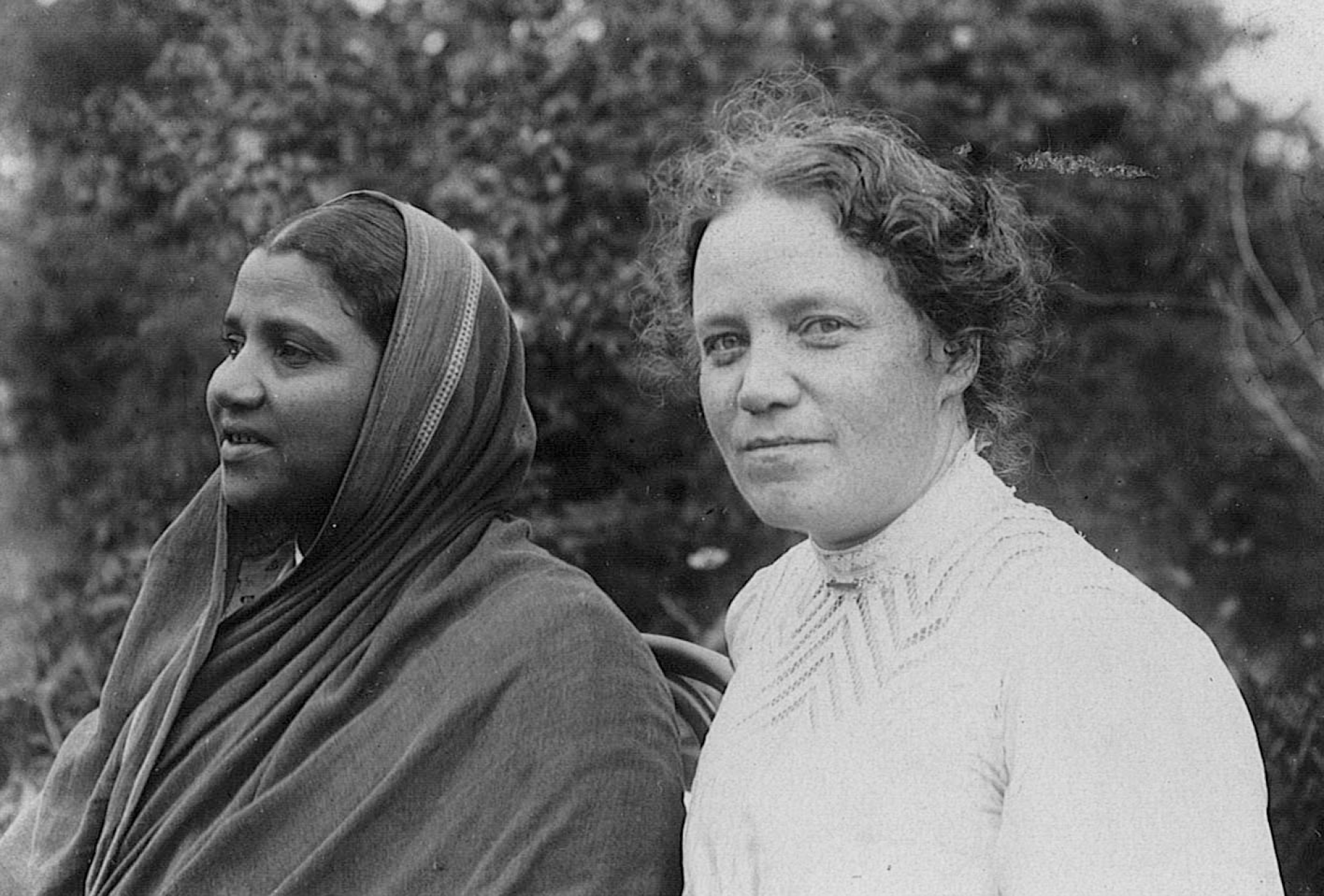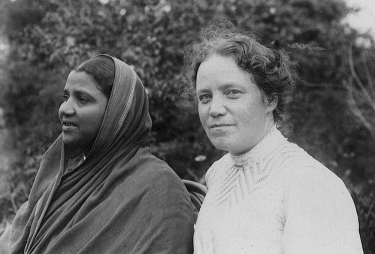A vibrant network with a long history


The foundations of our network were laid at the Ecumenical Mission Conference in Edinburgh in 1910. At that time, Swedish missionary work was a vibrant and widely supported popular movement. While the nature of that engagement has changed over time, the Church’s mission in the world remains at the heart of our work.
SMC’s member organisations are active in more than 50 countries worldwide. The network brings together a diverse range of churches and organisations from various Christian traditions. Some are engaged in long-standing missionary work, while others focus primarily on development cooperation and/or humanitarian efforts, working in partnership with local organisations.
This diversity is one of SMC’s greatest strengths. It challenges us to learn from one another so that we may work together in God’s mission for a better world.
Mission Conference 1912
In 1910, a mission conference was held in Edinburgh, marking the beginning of increased cooperation and exchange in missionary work. This, in turn, led to a mission conference in Sweden in 1912, which we consider the founding moment of SMC.
Similar developments took place in other countries, and in 1921 the International Missionary Council (IMC) was established—an important milestone for the ecumenical movement. At the international level, various initiatives converged in the formation of the World Council of Churches (WCC) in 1948. The IMC was integrated into the WCC in 1961 and now continues as a commission within the WCC: the Commission on World Mission and Evangelism (CWME). Broad-based mission conferences, like the one in Edinburgh in 1910, have continued to be held over the years. The most recent was in Tanzania in 2018, with SMC among the participants.
Mission in words and in actions
Until 1980, SMC primarily served as a meeting place for joint activities based on the needs of its member organisations, for example, preparatory training courses for those embarking on missionary work.
Although the churches’ missionary efforts—with their three core pillars of healthcare, education, and parish work—played a decisive role in the emergence and growth of Swedish aid in the 1960s, government representatives were initially reluctant to allow faith-based actors to participate. This hesitation stemmed largely from the inclusion of parish work, which was seen as religious in nature rather than developmental.
However, in 1980, when Sida introduced a framework system for the distribution of what came to be known as “popular movement aid”, SMC was recognised as one of the official framework organisations. Since then, there has been a growing awareness that a faith-based identity can be a strength—particularly when care for God’s creation is translated into concrete action.
Between 1980 and 2025, SMC channelled aid funding to development cooperation within its network, and for nearly a decade also to humanitarian work.
29 Member Organisations
Our network of churches and faith-based organisations represent an ecumenical breadth of Christian traditions in Swedish civil society. Together we change the world.
